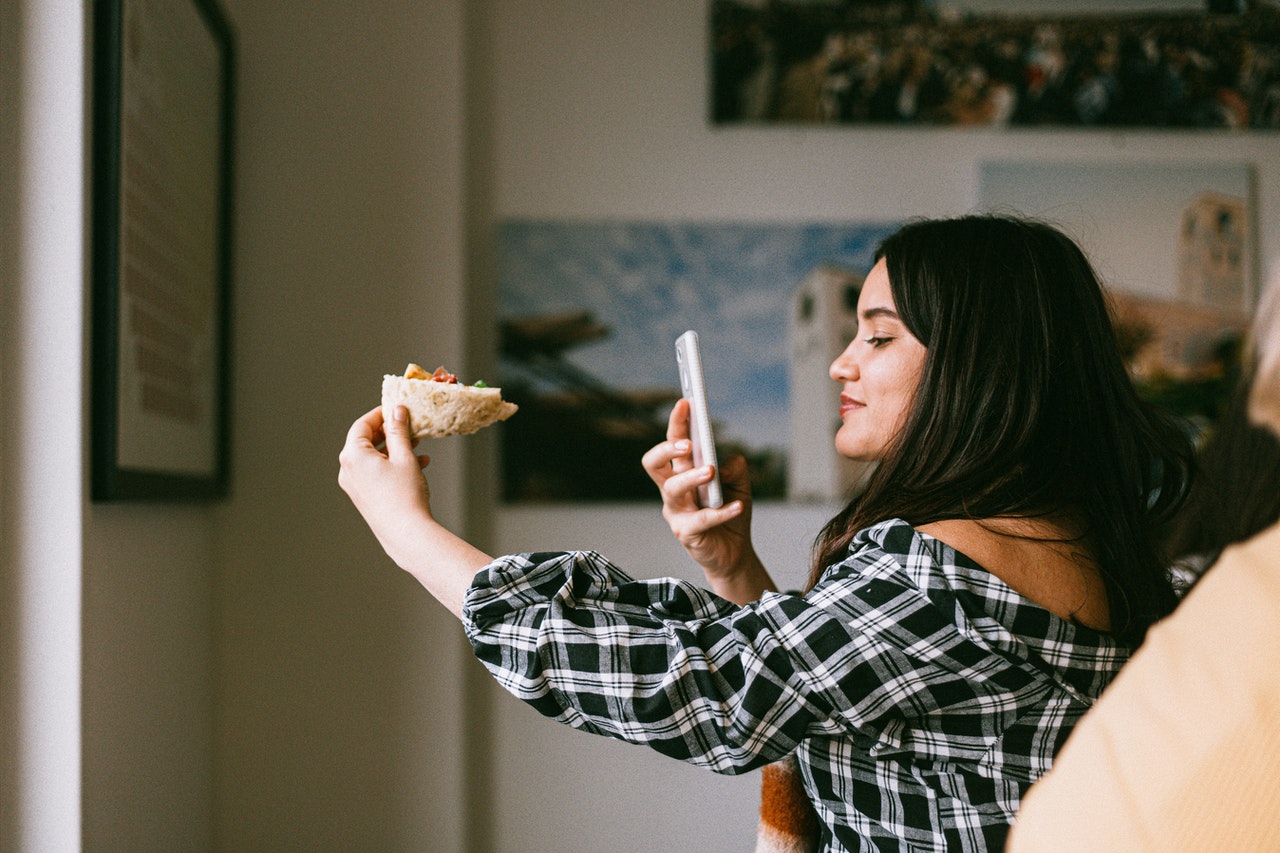
Facilitated by the invention and ever-growing popularity of digital and social media advertising, influencer marketing is one of the hottest trends in the ultra-competitive world of brand and product promotion.
As consumers become increasingly inured to the constant bombardment of YouTube ads, website pop-ups, and podcast sponsorships, businesses small and large are constantly looking for innovative ways to penetrate fresh markets, tap new demographics, and popularize their brand. By partnering with popular influencers on Instagram, TikTok, Twitter, Snapchat, and other social media platforms, affiliate brands can broaden their reach, increase their client base, and promote the launch of new campaigns.
Broadly speaking, the more followers an influencer has, the more money they receive. Unfortunately, by pegging compensation to follower numbers, influencers are perversely incentivized to inflate their follower numbers-usually via fake bot accounts or mass-purchased followers-to make it appear as if they have a wide-reaching following. This fraudulent deception not only cheats collaborating partners out of their money, but also undermines the efficacy of the broader influencer-brand partnership model.
Is Buying Followers an Act of Fraud?
In short, yes, buying followers can be classified as an act of fraud. When a business agrees to a brand partnership with an influencer, they are acting under a certain set of assumptions about follower size, projected engagement activity, and potential return on investment (ROI). By failing to disclose the use of fake followers, influencers are willfully duping brands into agreeing to a purely self-serving collaboration. According to Sara Tasker, an Instagram analyst, the issue of influencer marketing fraud is especially egregious when the influencer in question presents their account as an authority in a certain field.
"You're charging a company for exposure to an audience that doesn't exist," she remarked during an interview with the BBC. "People should be aware of what they're engaging with."
Unilever, the British multinational behind some of the world's most popular consumer goods, delivered a sharp rebuke of the influencer marketing model, demanding greater transparency from influencers and more rigorous oversight from social media platforms. During an interview with the Wall Street Journal, Unilever CMO Keith Weed openly decried the industry's dishonest practices and distorted metrics, declaring: "At best it's misleading, at worst it's corrupt."
Instances of Influencer Marketing Fraud
Unfortunately, despite a concerted effort by social media companies, influencer marketing fraud is still alive and well. To illustrate this fact, consider the following instances of influencer engagement fraud.
The first such instance centers on Esther 'Coco' Berg, a Miami-based influencer with a penchant for fashion, gadgets, and party planning endorsements. At first glance, Berg, who boasts over 327,000 Instagram followers, may seem like an ideal candidate for a brand partnership. However, a brief scan of Berg's social media analytics yields a very different story. Between July and August 2020, Berg's Instagram account notched a surge of around 3,000 followers. Many of these followers were linked to questionable accounts with no posts, no profile pics, and very few followers of their own. Berg's followers also include a very large number of Russian accounts, a telltale sign of bot network activity. Further analysis of Berg's Instagram analytics suggests that 21.2% of her followers are fake, with a further 18.86% characterized as suspicious. From a limited comments analysis, 15.8% were identified as suspicious.
Considering these stats, it's no surprise that Berg's audience authenticity score rarely exceeds the 50% to 60% range. To put this score in perspective, companies looking for a strong ROI typically target influencers with at least an 80% audience authority score. Collectively, these tidbits of information suggest that Berg is using purchased followers to inflate her Instagram followership and exaggerate her account's advertising influence.
While Berg denies accusations of influencer marketing fraud, there is growing evidence that the practice itself is increasingly pervasive. "Everyone does it," said actress Deirdre Lovejoy. Ms. Lovejoy, who starred in HBO's The Wire, admitted to buying fake followers after her account activity was traced to Devumi, a shady company which, prior to being shut down, used a stockpile of 3.5 million fake social media accounts to fraudulently promote everyone from reality television stars and comedians to professional athletes and models.
Kathy Ireland, a former swimsuit model who now manages an influential branding agency, was also linked to Devumi. According to an investigation by The New York Times, Ms. Ireland spent about $2,000 to purchase 300,000 or more followers from Devumi. Even major political figures have been caught purchasing fake followers. Hillary Rosen, the former head of the Recording Industry Association of America (RIAA) and a regular CNN contributor, was found to have purchased more than 500,000 Twitter followers from Devumi.
Judging from the prevalence of fraudulent social media accounts, it's clear that many influencers see no harm or have no moral opposition to the practice of buying fake followers. However, for paying businesses the ramifications are severe. Until social media platforms take a harsher stance against fraudulent influencers, companies and brands must be extra cautious when dealing with influencers. To make an informed business decision and avoid any unwelcome surprises, due diligence for influencer partnerships must now encompass everything from follower size to engagement activity.
* This is a contributed article and this content does not necessarily represent the views of techtimes.com









